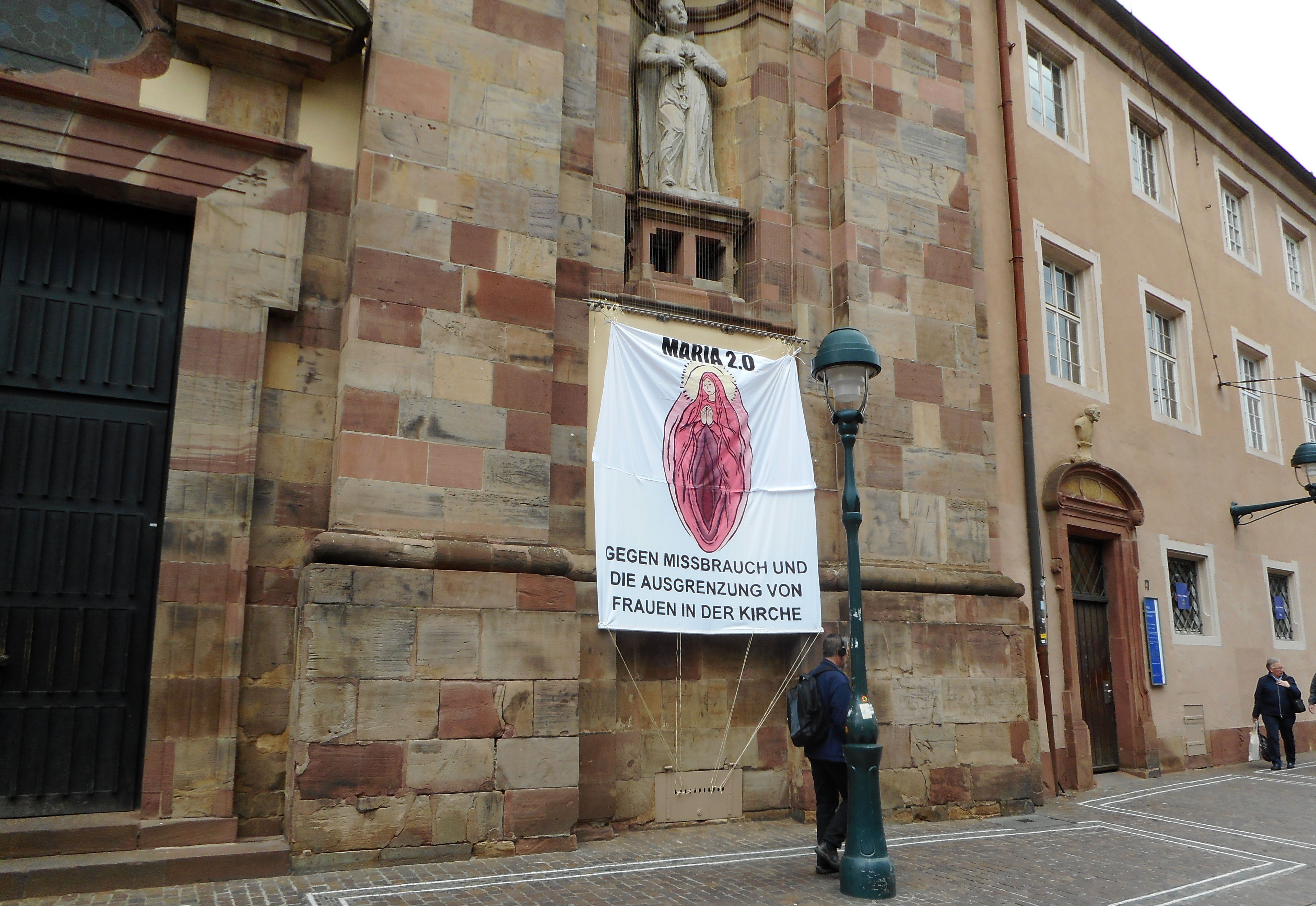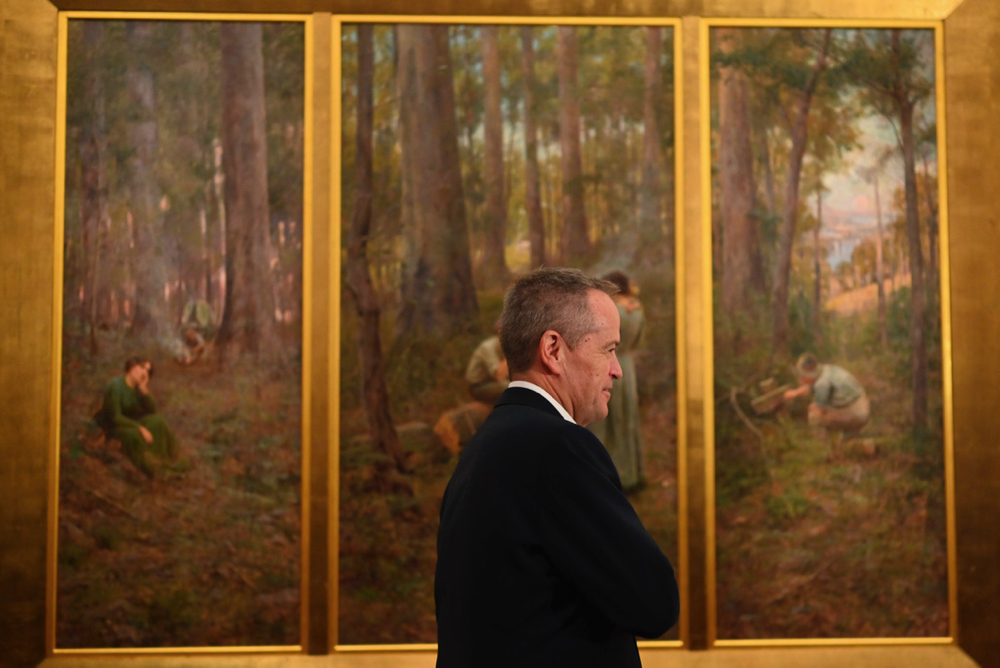The Catholic Church in Australia, still reeling from the fallout from the Royal Commission into clerical child abuse in the Church and the jailing of Cardinal George Pell, has kept a noticeably low profile in the run-up to the federal election taking place on 18 May.
The bishops issued a statement “Politics in service of peace” on 17 April, in which they signalled support for “the vulnerable and marginalised, including the unborn and older people, just treatment of those seeking asylum, action on climate change” and rejected “the unacceptable differences in health, education and employment outcomes between Indigenous and non-Indigenous Australians”.
There was little subsequent engagement with the thorny questions about gay marriage, free speech and religious freedom that party leaders encountered as they criss-crossed the country in pursuit of votes.
This week, Liberal Prime Minister Scott Morrison brushed aside questions about whether his personal views on same-sex marriage had changed since his vocal opposition to it during Australia’s controversial same-sex marriage plebiscite almost two years ago.
“I support the law of the country. I don’t mix my religion with politics and my faith with politics,” said Mr Morrison, a Pentecostal Christian.
Mr Morrison and Labor Opposition leader Bill Shorten, raised a Catholic but now an Anglican convert, have both received letters from Presbyterian, Baptist, Seventh-Day Adventist and Apostolic churches, as well as a number of religious school leaders, calling for protection of religious belief and free speech. The Catholic Church did not send a letter.
The letter to Mr Shorten asked him to clarify Labor’s official support for “appropriate protection of the religious freedom of all people".
"This commitment leaves wide scope for interpretation, and much will turn on what is considered 'appropriate' in the eyes of a legislator," the letter stated.
"We are concerned that these commitments lack sufficient particularity on key issues that are important to the preservation of the freedoms of religion, conscience, speech and association in our country."
“If you are not free to believe, what are you free to do in this country?” Mr Morrison said, during a third and final election debate hosted at the National Press Club in Canberra on 8 May.
“I admire people of religious conviction, I admire people who draw strength from their faith, I am one of those people.”
Mr Shorten offered a similar line. “People should be free to practise their religion,” he said. However, Mr Shorten also recognised the potentially hurtful impact of a public figure putting out controversial views on social media. "I don't think it's a clear-cut issue when the edges bump up against each other," he said. “If we are elected to government we will sit down with the churches, we’ll sit down with the lawyers, we’ll sit down with the Law Reform Commission, we’ll just work through that issue as we should.”
Mr Shorten was referring to legal matters still outstanding after a review of Australia’s religious freedom laws, released last December.
The review, conducted by former Attorney-General Philip Ruddock and a panel of experts including Jesuit lawyer and human rights advocate Fr Frank Brennan, accepted 15 of 20 recommendations but dropped plans to strip religious schools of their right to expel gay, lesbian and transgender students.
That issue – along with rights for LGBTI teachers – was referred to the Australian Law Reform Commission, to be reviewed during the second half of 2019 – safely after a federal election.



 Loading ...
Loading ...